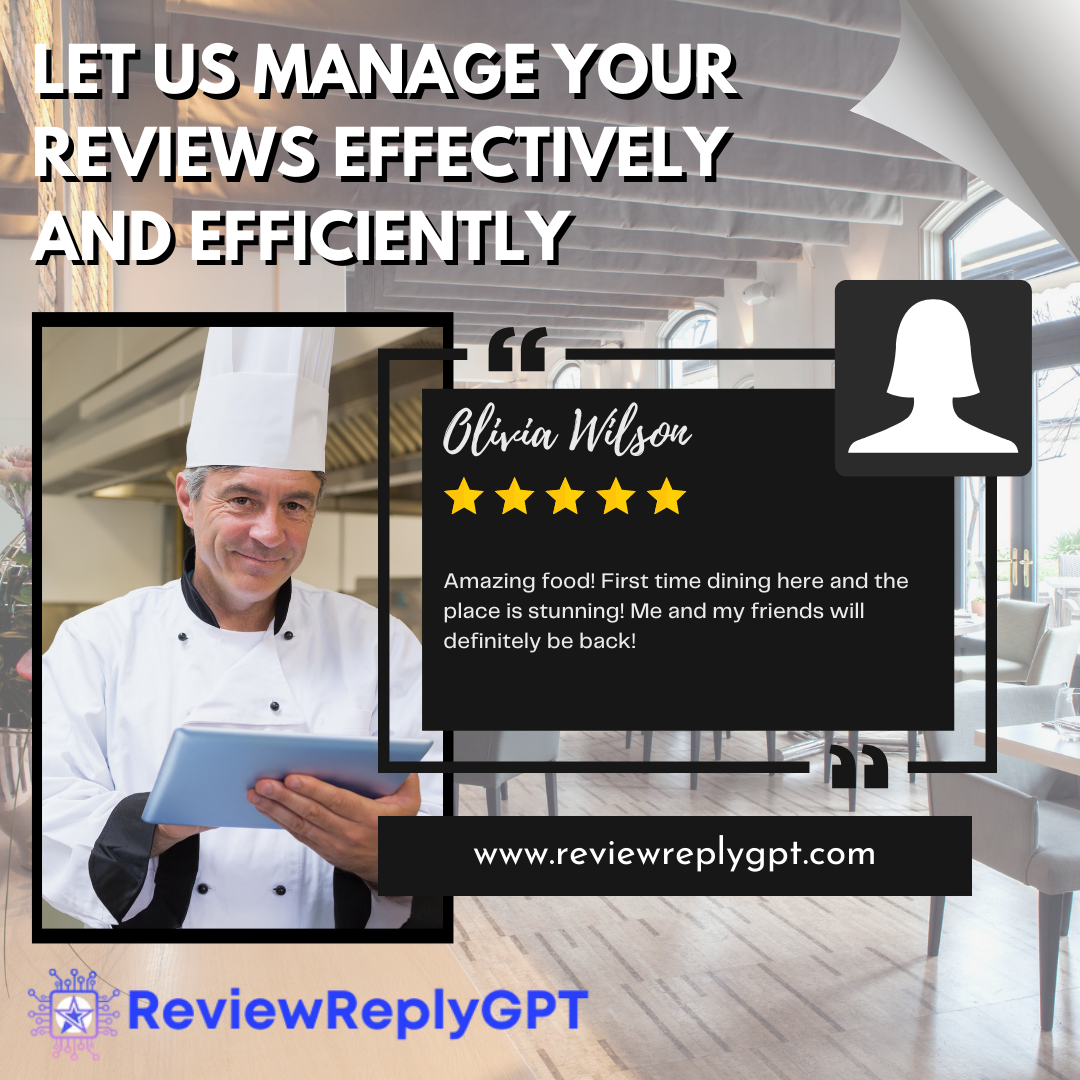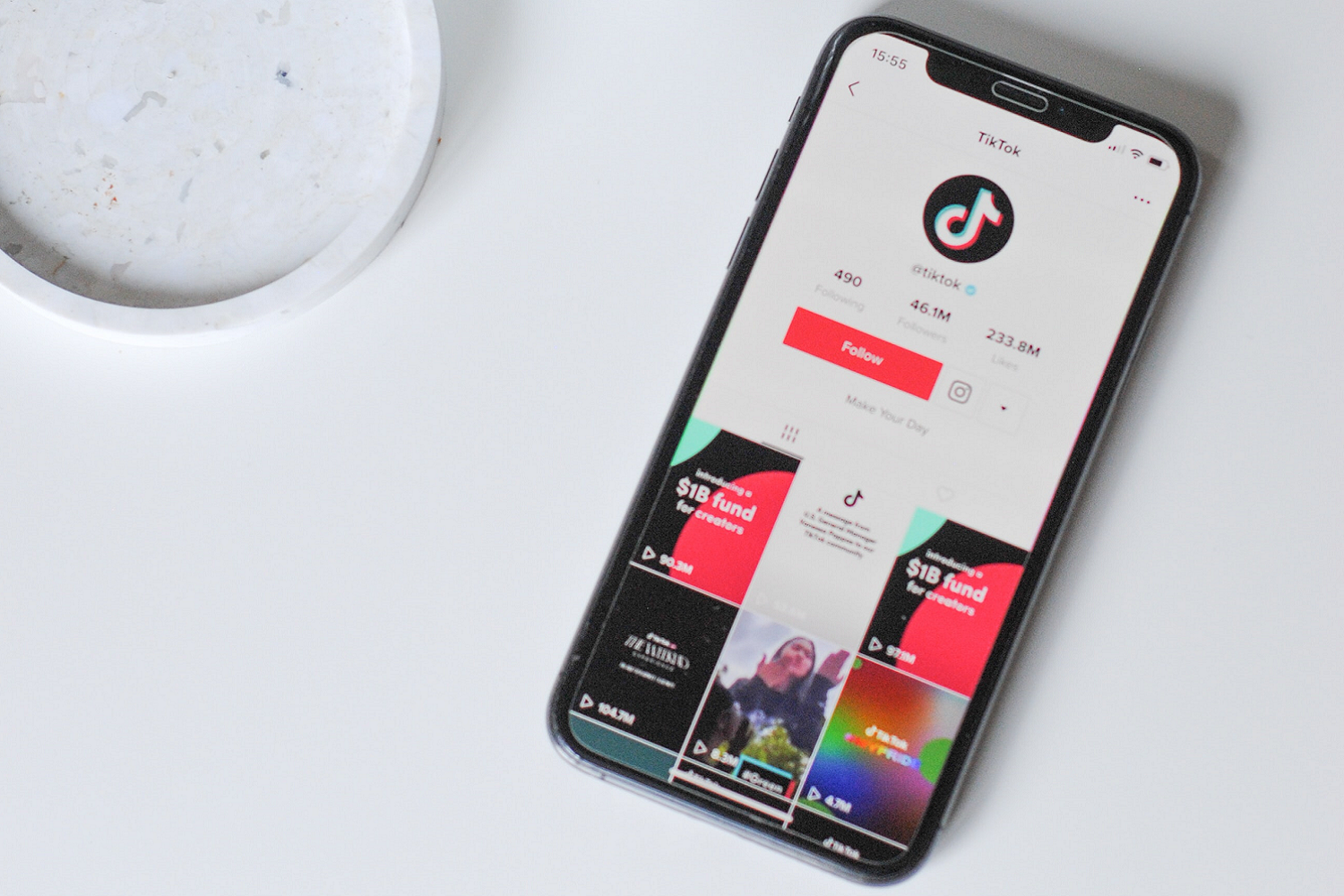The Surprising Truth about Keywords — And What You Should Focus On Instead
Rick Neuman • March 18, 2020

Keywords are one of the most often-cited and perhaps least understood aspects of SEO. Content marketers from rank amateurs to seasoned pros suggest that you “focus on your keyword density” and “never publish a post without including your keyword in these 9 places.”
But is that really the best way to get your content to rank for a certain search term?
The Truth About Keywords
The exact importance of each of Google’s 200+ ranking factors is not public information. But research by SEMrush indicates that keywords are a surprisingly low ranking factor. They come in below time spent on your site, pages per session, bounce rate, number and quality of backlinks, and more.
In fact, the pages that rank highest for a specific keyword often don’t directly target that phrase at all. According to research by Ahrefs, nearly 75% of pages that rank in the top 10 on Google don’t ever mention the exact keyword in their content.
So how do they rank so well? Because they are among the best resources on the internet for that particular topic.
Another thing to remember about keywords — competition is fierce. Most keywords that have a decent search volume have very high keyword difficulty. Even the super-specific long-tail keywords can be a major battle. So unless your site’s domain authority rivals the biggest sites in your industry, you probably won’t be able to rank for those words based on keywords alone.
With all this in mind, why is it that many content marketers continue to cling so hard to the myth of the all-powerful keyword?
My guess is that it’s because tips like “include your keyword 12 times in these 7 places” is simple and actionable. And it’s much easier to write a mediocre piece of content with X number of keywords than to write an earth-shattering, break-the-internet-quality blog post.
Now, keep in mind that I’m not saying there is no value in keywords. Keyword research is a great way to figure out what questions need to be answered and what kind of content your audience is looking for.
But instead of spending hours searching for the perfect keyword and then shoehorning it into your content to achieve a perfect 3% density, try these strategies instead.
#1 Focus on search intent
Search intent is the basic “why” behind a search. It’s the reason a user typed their search term into Google. There are four main types of search intent:
● Informational - Searches that are looking for more information on a topic. Examples include “how old is George Clooney” or “Chicago Cubs stats.”
● Navigational - Searches that are aimed at finding a specific website. For example, “facebook” is usually a navigational search aimed at getting the user to Facebook’s website.
● Transactional - Searches with the intention of buying something, like “used Toyota Camry” or “pizza near me”
● Commercial - Searches that provide additional information about products, such as reviews and comparisons. Examples include “best binoculars under $25” or “email marketing services.” These often lead to a purchase down the line.
If you don’t focus on search intent, you could do a lot of work and get very little results.
For example, let’s say you’ve started a new content marketing service, and you want your website landing page to focus on the search term “content marketing business.” But when you do a Google search for that term, you’ll find that all the top results are “how-to” posts (an informational search) rather than looking for a business to hire for their content marketing services (a transactional search). By failing to address search intent, you’ve now optimized your landing page for a term that people don’t use when looking for marketing services.
To figure out search intent, get your clues from what is already ranking on Google. A first page full of “how-to” posts will indicate informational intent. A page full of Amazon or eBay results will signal transactional intent. And a page full of reviews and product comparisons will be evidence of commercial intent.
#2 Use semantic keywords for context
Google’s algorithm is pretty smart. It understands synonyms as well as terms that are related to your content topic. These related terms are called “latent semantic keywords,” or LSI’s. A blog post about “how to start a youtube channel” could also be expected to include related LSI’s like “how to enable monetization on youtube” or “how to make money on youtube.”
Just like with regular keywords, I’m not suggesting that you pluck these related terms and pepper them throughout your content.
Instead, use these related terms as inspiration for additional talking points in your content. Do a Google search for your main topic, and scroll down to “related searches” at the bottom of the results page. This list will include related terms that people often search for, letting you create a more informative and helpful piece of content for your audience.
The added context from these LSI’s will help Google to understand what your post is about in an organic way while also improving the quality of your content.
#3 Write the best possible content
Content is more important than keywords. An in-depth, useful piece of content that completely ignores keywords will get you better results than a perfectly keyword-optimized piece of content that provides no value.
Great content keeps people on your site longer, reduces bounces, and gets more backlinks. These are much bigger ranking factors than keywords.
Plus, great content displays authority. If you can provide a useful piece of content to your audience, they’ll be more likely to think of you next time they have a question in your field. That means more web traffic and even better rankings.
Topics, not keywords
Keyword research is a useful way to get ideas for great topics that you’d like to explore in your content. But rather than awkwardly repeating a clunky phrase in your title, URL, subheadings, and blog post, just use the phrase as a jumping-off point for your piece.
Use Google’s “related searches” list to figure out what else users are interested in on the topic, and then spend your time writing or filming the best, most useful information you can put together.
That’s how you get the top spot and the biggest audience.
Are you looking for help navigating the ever complicated digital marketing space? We can help!
The Harvest

In today's digital age, having an online presence isn't merely an option—it's a pivotal driver of success. At Digital Harvest Marketing, we pride ourselves on creating not just websites but immersive digital journeys that fortify brand identity and catalyze growth. Here's why businesses, big or small, trust us with their digital aspirations:

The home services industry, whether it's landscaping, plumbing, or interior designing, thrives largely on trust and reliability. And in today's digital age, a substantial chunk of that trust is established through an effective online presence. Let's delve into the pivotal elements that make a home services website not just informative but also a powerful tool for conversion.

The modern culinary world isn't just about delightful dishes and exquisite drinks; it's also about offering a digital experience that matches. With the rise of online ordering, reservations, and digital payments, a strong online presence for the food & beverage industry has become more critical than ever. Let's dive deep into the essential features and benefits of a website tailored for the food & beverage sector. 1. Mouthwatering Design First impressions count. A clean, appetizing design can convey the atmosphere of your restaurant, cafe, or bar. High-quality images of dishes, drinks, and your establishment can instantly attract and entice visitors. 2. Online Ordering Made Easy Today's consumers cherish convenience. Integrating an easy-to-use online ordering system allows your customers to enjoy your culinary offerings from the comfort of their homes. This not only broadens your reach but can significantly boost revenue. 3. Safe & Secure Credit Card Processing In a world increasingly moving towards cashless transactions, offering diverse credit card processing options is crucial. Ensure your website integrates with reliable payment gateways, prioritizing the safety of your customer's data.

The digital realm is the frontline for any business's first impression. While there are numerous companies offering web development services, it's essential to partner with one that understands your business's unique needs and can translate that into a powerful online presence. Here's why businesses consistently choose Digital Harvest Marketing for their web development projects. 1. Bespoke Designs Tailored to Your Brand At Digital Harvest Marketing, we believe in the power of individuality. We don’t employ cookie-cutter templates; instead, we delve deep into your brand's ethos, ensuring every design choice mirrors your company’s identity and goals. 2. Experience & Expertise Our team comprises seasoned professionals with years of experience across various industry verticals. This expertise allows us to cater to the diverse needs of our clientele, be it e-commerce, B2B, non-profit, or any other niche.

In the digital age, online reviews can make or break a restaurant's reputation. For restaurant owners and operators, managing Google reviews might feel like a full-time job. Crafting personalized responses to every review, staying on top of new ones, and tactfully addressing any negative feedback can be overwhelming and highly time-consuming. What if there was a solution that could handle all this while you focus on what you do best - creating unforgettable dining experiences? Enter ReviewReplyGPT. Revolutionizing Google Reviews Management ReviewReplyGPT is a groundbreaking AI-powered platform designed to automate the process of managing your Google reviews. Here's what it offers: Automated Review Responses The first, and perhaps the most significant, feature of ReviewReplyGPT is its ability to generate professional, tailored responses to all your reviews. No more spending countless hours figuring out how to respond to each review. Instead, you can let the AI do the heavy lifting and free up your time to focus on other aspects of your restaurant business.








